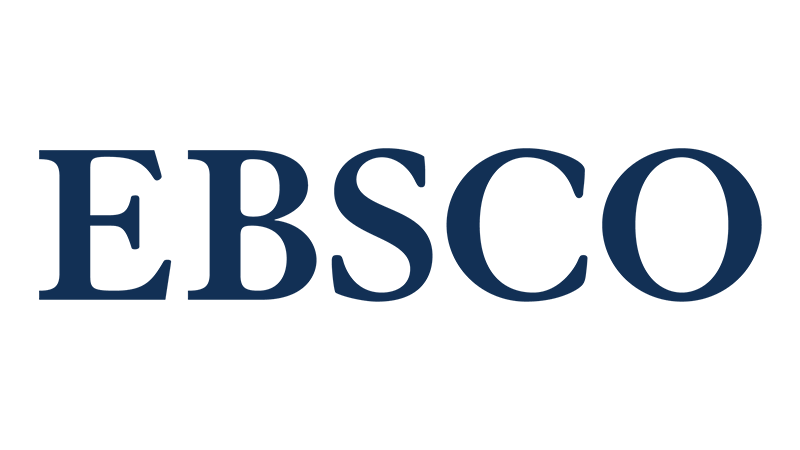
Abstract
The remarkable development of the Indonesia’s retail industry draws attention due to its complexities with regard to the business characteristics and the relation between retailers as well as between retailers and suppliers. This brings competition law into relevance, which one of the fundamental elements for the analysis is the definition of relevant market, in terms of both product and geographical market. The study focuses on the relevance of “demand-side oriented market” analysis with the application of cross shopping approach to define Indonesia’s retail industry taking both the development and formats of retail into consideration. The focal point of this study is assigned in two subjects: the first aims at finding a suitable approach in order to enable the identification of the market definition in the perspective of competition law. The study is restricted to food retailing. The second issue emphasizes on the key factors of “demand-side oriented market” analysis using cross shopping approach to define Indonesia’s retail industry. This paper constitutes a recommendation to take the particular natures of food retailing in the respective country into account for the assessment of the market definition within the competition law framework. This includes the rapid shift from a certain pattern of consumer behaviour to another that affects how consumer defines a product and geographical market of food retail.
Keywords
Retail, Food retail, Demand-side oriented market, Market definition
DOI
https://doi.org/10.54784/1990-6587.1286
Creative Commons License

This work is licensed under a Creative Commons Attribution 4.0 International License.
Recommended Citation
S.H. M.Hum, S. W., & Nugroho, MM, A. (2013). Relevance and key factors of “Demand-side Oriented Market” analysis to define Indonesia’s retail industry. Business Review, 8(2), 58-71. Retrieved from https://doi.org/10.54784/1990-6587.1286










